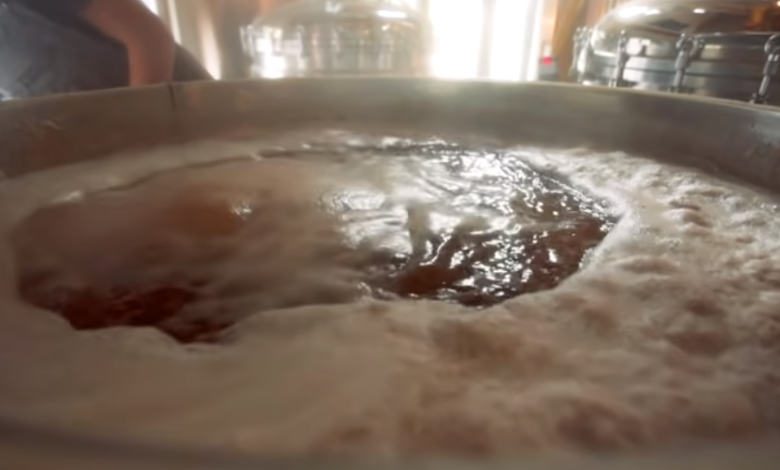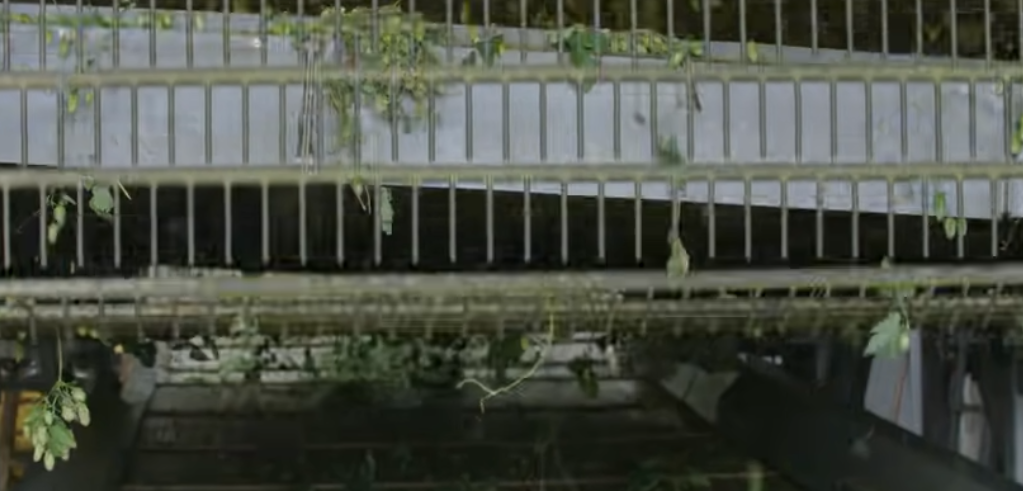
Ukraine Conflict Sparks Concerns Over Brewing Ingredients Prices
As the conflict in Ukraine continues to unfold, its reverberations are being felt across various industries worldwide. One unexpected sector grappling with the consequences is the brewing industry, where the geopolitical turmoil is now influencing the key brewing ingredients prices.
Ukraine, known as the “breadbasket of Europe, plays a crucial role in the global agricultural market. The nation is a major exporter of grains, including barley, a primary ingredient in the production of beer. With Ukraine being one of the world’s leading barley producers, any disruption to its agriculture sector inevitably affects the global supply chain for brewing ingredients.

Recent reports indicate that the conflict has disrupted agricultural activities in Ukraine, impacting both planting and harvesting seasons. Farmers in the affected regions are facing challenges in accessing their fields, securing resources, and navigating the uncertainty that comes with armed conflict. As a result, there are growing concerns about the potential decline in barley production, leading to a reduction in the global supply of this essential brewing ingredient.
The brewing industry, already facing challenges such as supply chain disruptions and inflation, is closely monitoring the situation. Breweries around the world rely on a stable and cost-effective supply of ingredients to maintain production levels and meet consumer demand. Any significant increase in the price of barley could result in a domino effect, leading to higher production costs for brewers.
Industry experts suggest that the impact on ingredient prices may not be limited to barley alone. The conflict in Ukraine has also disrupted transportation routes and increased the cost of shipping, affecting the overall logistics of getting brewing ingredients from the source to the breweries. Hops, another key ingredient in beer production, may also see price fluctuations due to the geopolitical tensions disrupting global trade.

Brewers are now faced with the challenge of navigating these uncertain times. Some may consider alternative sources for brewing ingredients, while others may need to adjust their pricing strategies to absorb the increased costs. Craft breweries, in particular, may find themselves grappling with tighter profit margins, as they often operate on smaller scales and are more sensitive to fluctuations in ingredient prices.
As the brewing industry adapts to the evolving situation, stakeholders are closely watching diplomatic efforts to de-escalate the conflict in Ukraine. A resolution to the geopolitical tensions could provide a much-needed reprieve for the brewing sector, allowing it to return to a more stable and predictable operational environment.
In the meantime, brewers and consumers alike are left to contend with the unforeseen consequences of a conflict that extends its impact far beyond the borders of Ukraine.










